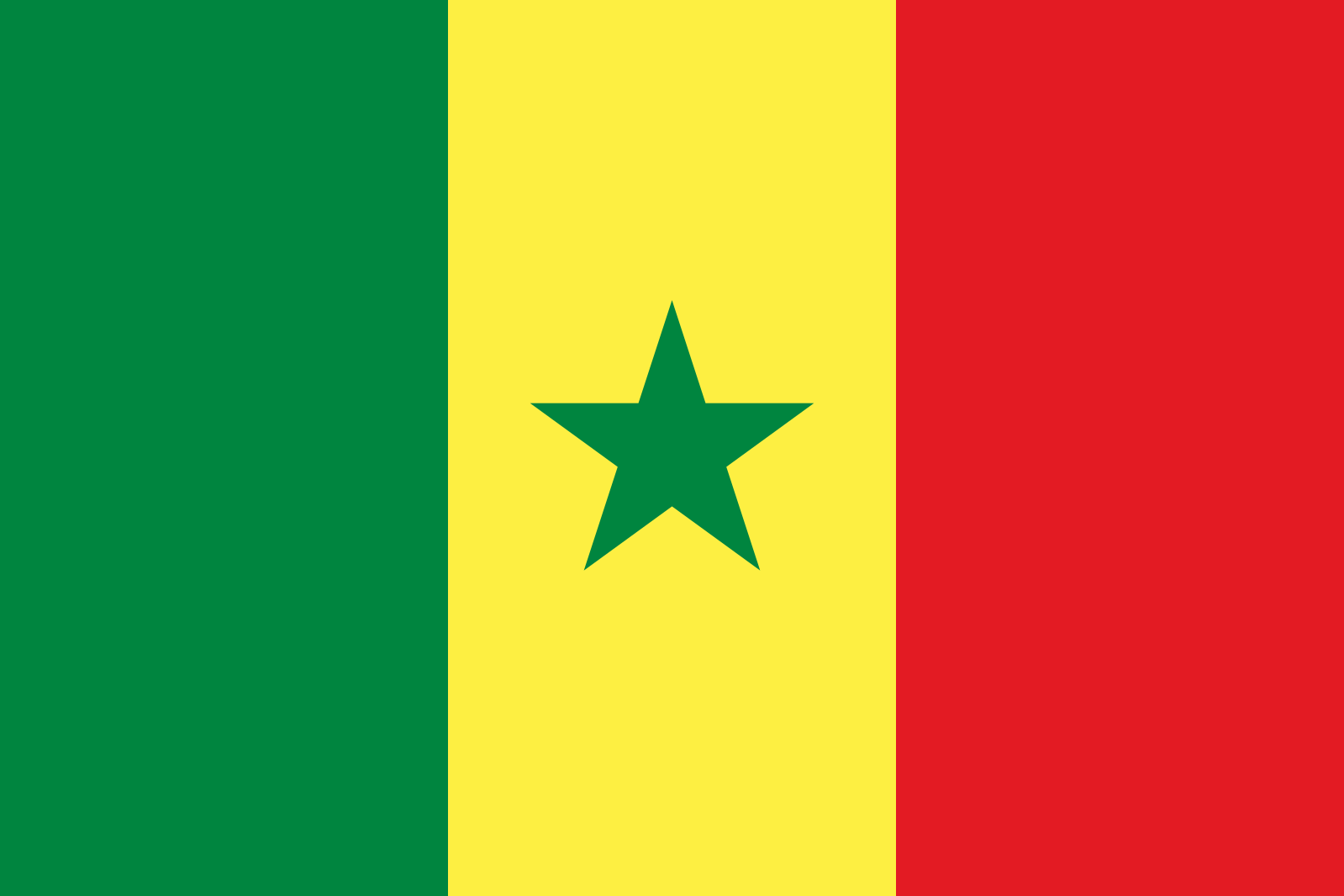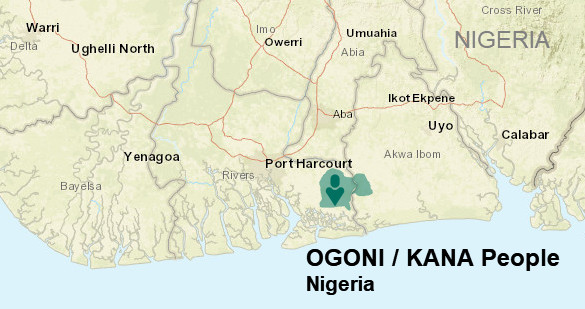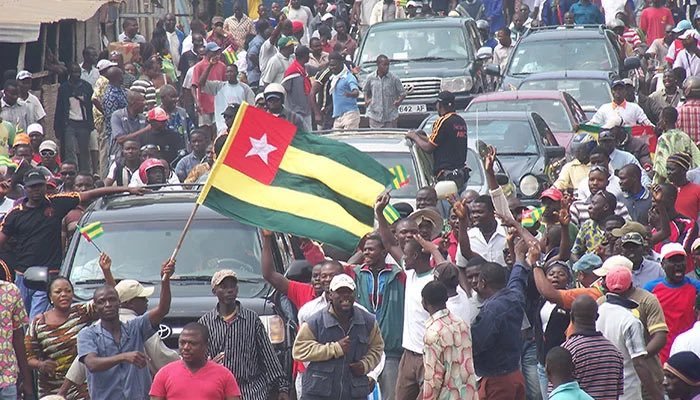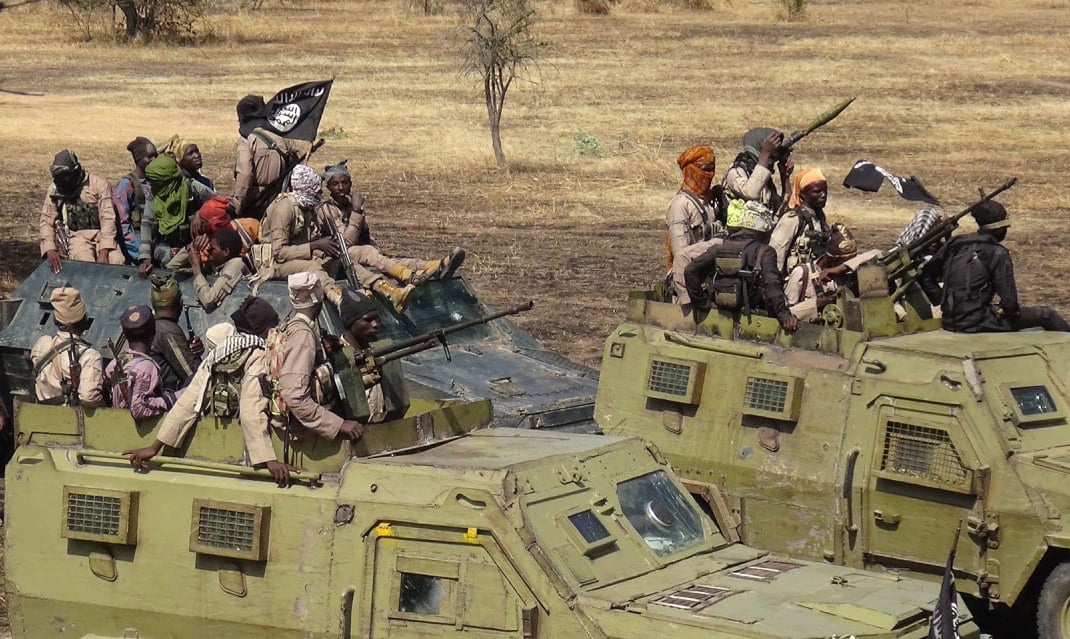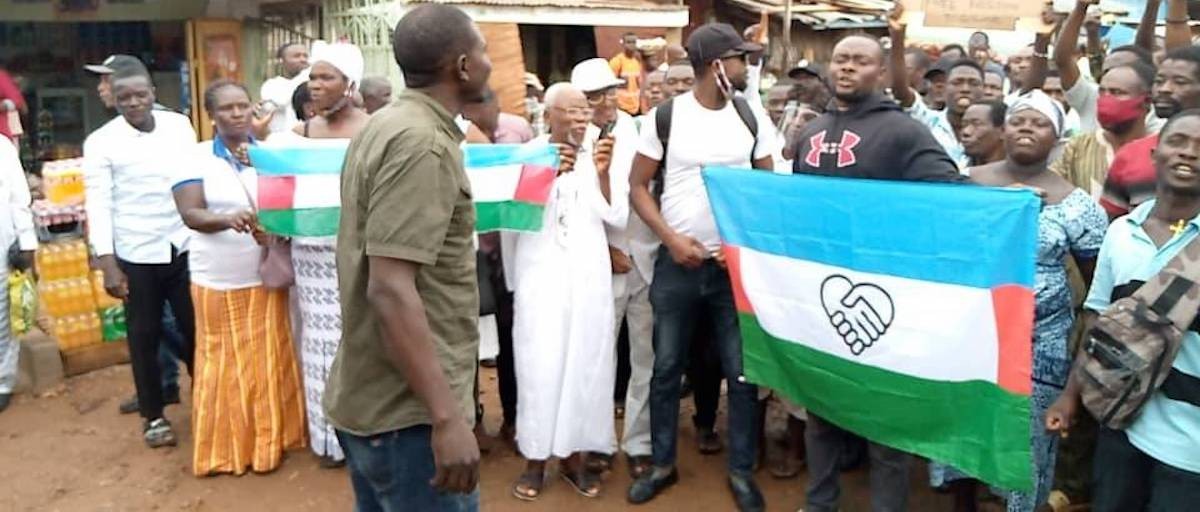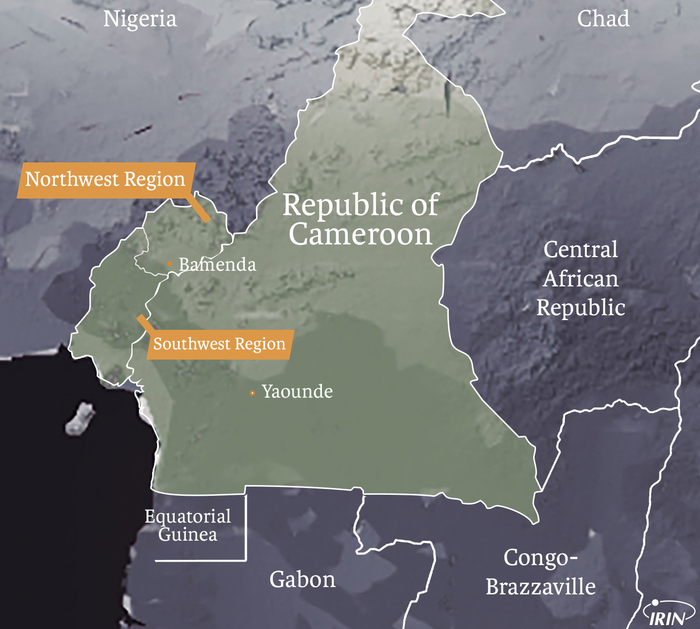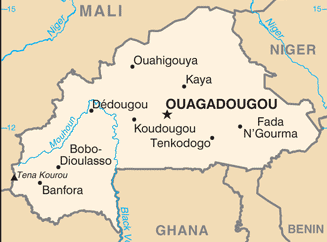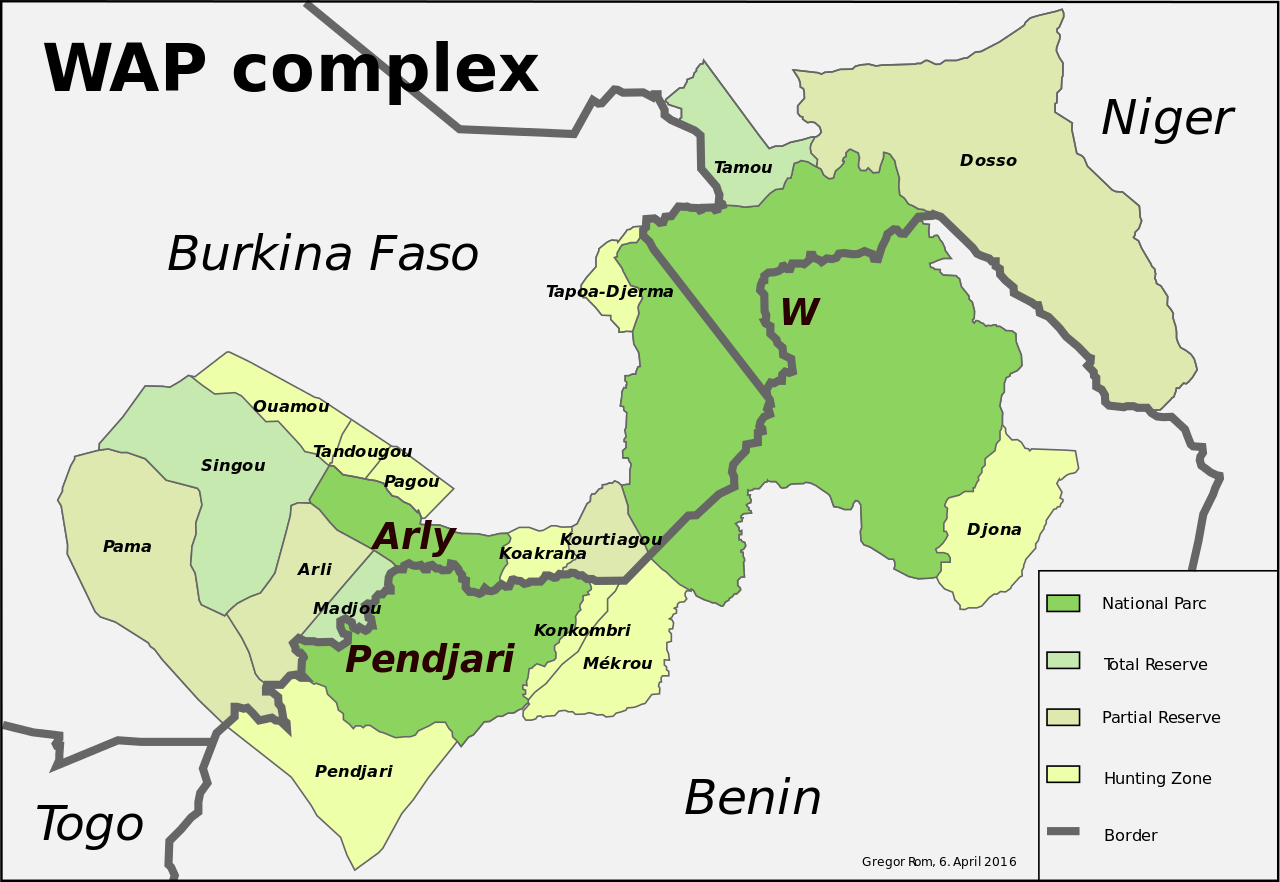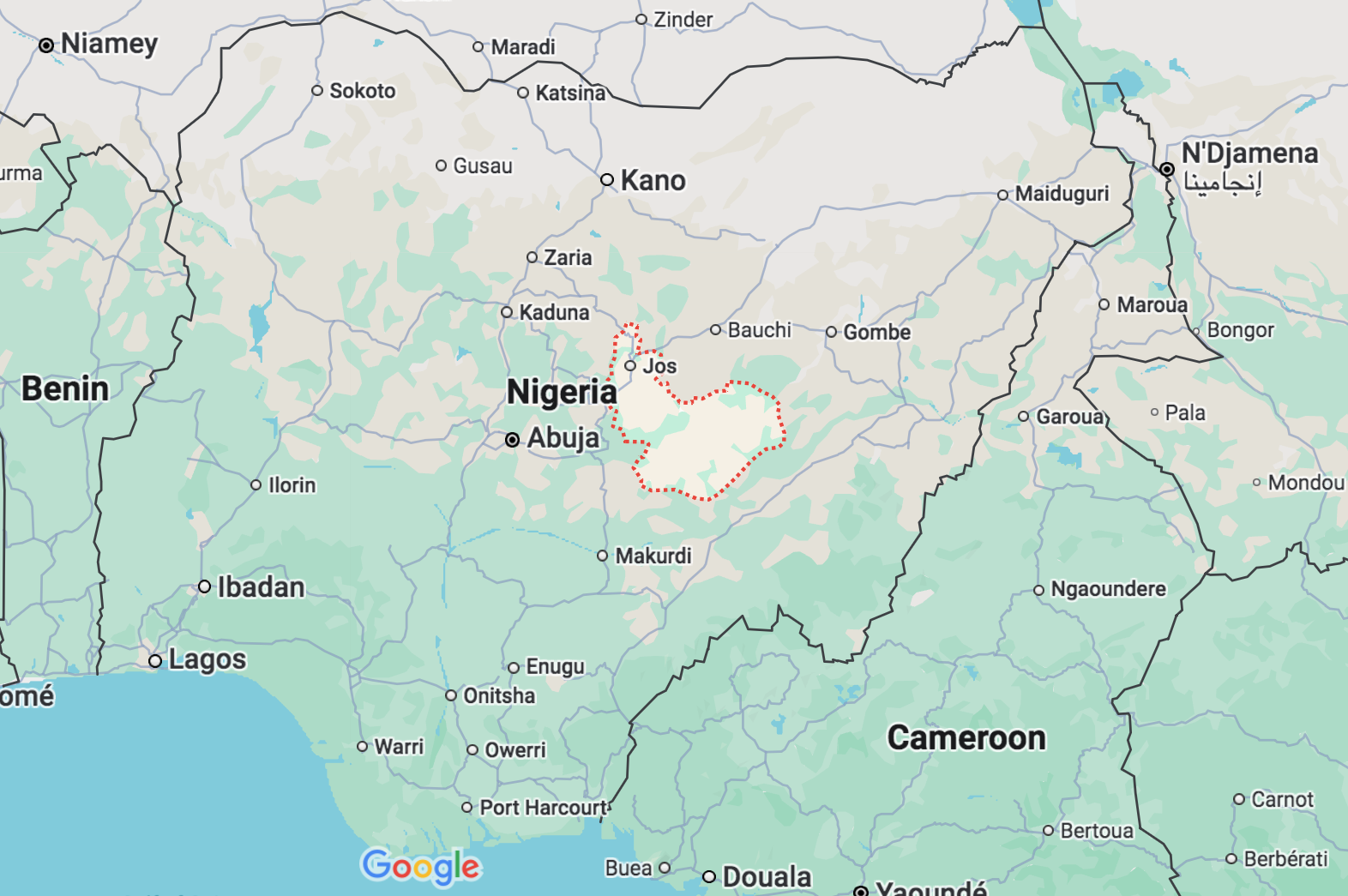Mali: Fulani face ‘disappearance,’ summary execution
Human Rights Watch (HRW) reported that Mali’s armed forces and allied Russian mercenaries have carried out numerous “summary executions and enforced disappearances of ethnic Fulani men.” HRW documented that since January the Malian army and Wagner Groupmercenaries have executed “at least a dozen Fulani men and forcibly disappeared at least 81” during joint operations targeting Islamist armed groups. The rights group said that the insurgents have focused their recruitment efforts on the Fulani, and that “successive Malian governments have conflated the Fulani community with Islamist fighters, putting them at grave risk.” (Photo of Fulani elder via IRIN)



